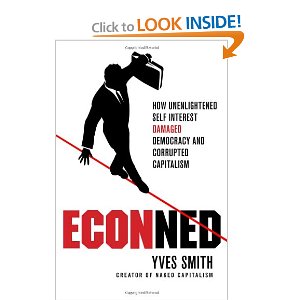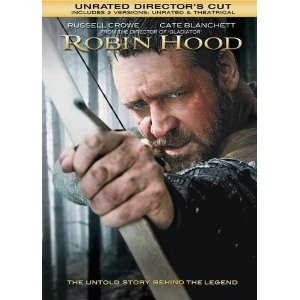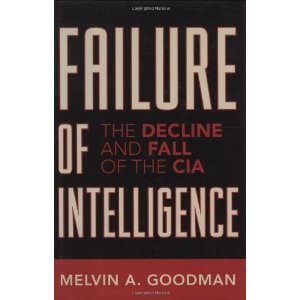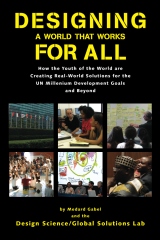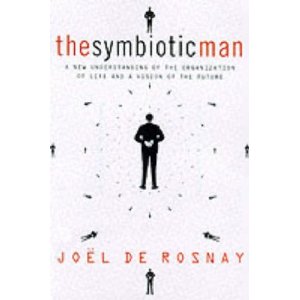
The Symbiotic Man: A New Understanding of the Organization of Life and a Vision of the Future
Joel De Rosnay (Author)
In this Future Shock for the new millennium, de Rosnay, director for strategy for the Science and Industry Complex in Paris, predicts the coming of what he calls the “Cybiont”: a global “macroorganism” that encompasses humanity, the environment and technology. The culmination of de Rosnay's earlier work (The Macroscope; The Paths of Life; The Planetary Brain), this book became a bestseller upon its initial publication in France in 1995. The author regards the computer as a “macroscope,” an instrument that lets humans view larger trends and that will eventually take on a life of its own; he quotes Stephen Hawking's view that computer viruses and other electronic “intelligence” may actually be developing into forms of life. For mankind to survive, we must establish close symbiotic relationships with our technology and its emerging self-generated intelligence and with nature, he says. Unfortunately, de Rosnay fails to consider very deeply what constitutes consciousness, a subject many other scientists have investigated, or artificial intelligence. He also seems to overestimate humans' willingness to sacrifice their private interests to achieve long-term, communal goals. De Rosnay does, however, present many provocative ideas like “fractal time” and “time bubbles,” and he discusses interesting and thus far fairly esoteric advances in technological sensory perception and even brain-computer connections. This book doesn't come together as a convincing vision of the future, but it certainly provides readers with many challenging ideas to mull over, and it may encourage them to consider their individual roles in the greater scheme of things.
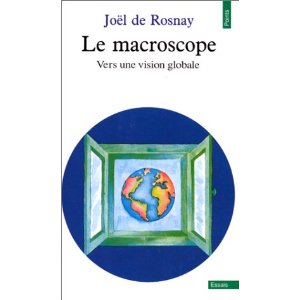
The Macroscope; The Paths of Life; The Planetary Brain
in US: The macroscope: A new world scientific system
See Also:
Worth a Look: Book Reviews on Bio-Economics
Worth a Look: Book Reviews on Civilization-Building
Worth a Look: Book Reviews on Collective Intelligence
Worth a Look: Book Reviews on Common Wealth
Worth a Look: Book Reviews on Conscious, Evolutionary, Integral Activism & Goodness
Worth a Look: Book Reviews on Dialog for Truth & Reconciliation
Worth a Look: Book Reviews on Diversity of Voices & Values (Other than USA)
Worth a Look: Book Reviews on Diversity of Voices & Values (USA)
Worth a Look: Books Reviews on Education for Freedom & Innovation
Worth a Look: Book Reviews on Evolutionary Dynamics
Worth a Look: Book Reviews on Innovation
Worth a Look: Book Reviews on Leadership for Epoch B
Worth a Look: Book Reviews on Self-Determination & Secession

